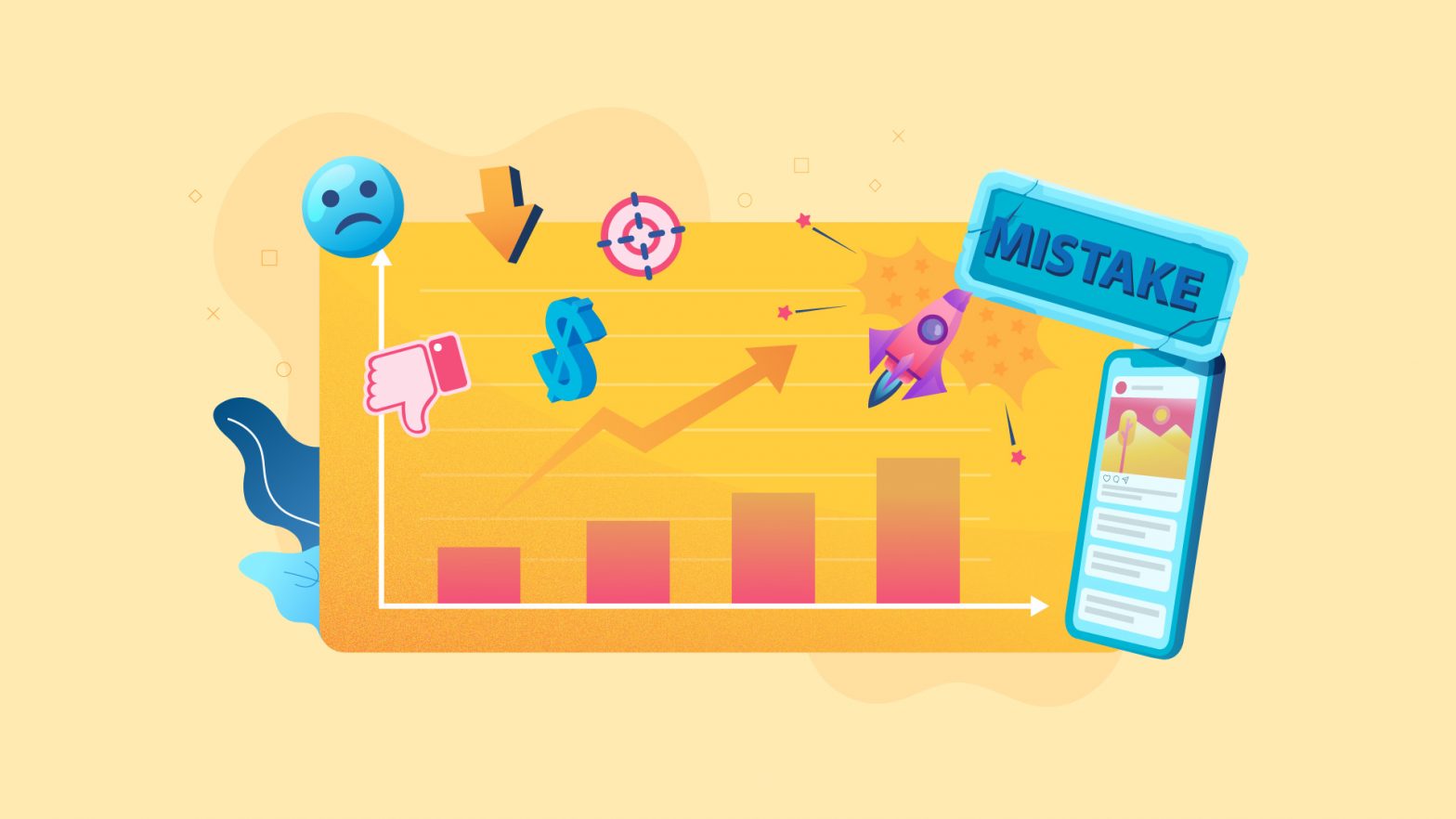Mobile app development devices have completely changed how businesses interact with customers. With more people using smartphones and tablets for everything from chatting to shopping, companies need to adapt.
That means offering mobile apps that boost customer engagement, streamline operations, and drive sales. Investing in mobile app development isn’t just trendy—it’s essential for staying competitive.
In this article, we’ll explore how a retail company used mobile app development to break free from stagnation and achieve remarkable growth. We’ll dive into the costs of app creation, the strategic benefits of mobile app development services in Texas, and the crucial decision to partner with a mobile app development firm.
Understand Mobile App Development Services
Software applications for mobile devices are created via the process of mobile app development services. These services include mobile app design, development, testing, and deployment.
With smartphone users projected to reach 496.7 million by 2028, the mobile app industry continues to grow at a remarkable pace.
Statista forecasts that mobile app sales will soar to $753 billion by 2027. To stay competitive and effectively reach their target audience, many businesses turn to expert service providers.
A Retail Business Seeking to Transform Digitally
The retail business usually battled to keep customers engaged and compete with bigger merchants, even with a strong physical presence and a working e-commerce platform.
The management saw how important a mobile application would be in improving consumer engagement, closing the gap between online and offline experiences, and simplifying processes.
Cost Analysis of the App Development
The first concern that the client had to deliberate on relates to the cost incurred in the application development process. Venturing into a mobile application is a capital-intensive production decision, and it was important for the company to establish causal factors for the cost. The factors include:
- App-complexity: The customer wanted features and functions including real-time inventory management, customized alerts, and a smooth checkout procedure, directly affecting the price.
- Media: The budget was affected by whether to develop for iOS, Android, or both. The customer chooses a cross-platform app to reach more people.
- Conception and Usability: Priority one was a simple and eye-catching design, which increased the price but guaranteed an excellent user experience.
- Formation Group: The decision to hire in-house developers or outsource software development to a reputable mobile app development business also influenced the cost. The customer chooses the latter since specialist companies provide efficiency and experience.
Finding a Great Mobile App Development Company
After considering several possibilities, the customer chose to hire a mobile app development company that specialized in retail solutions. Many things affected this choice.
Expertise and Experience
The business selected has a history of creating profitable retail applications and provides a combination of technical know-how and industry-specific understanding. Review their portfolio to see previous projects and pay attention to those that are similar to your needs. You might as well look for client feedback and testimonials to gauge satisfaction and reliability.
Comprehensive Services
The organization guarantees a smooth development process by offering end-to-end services, including strategy, design, development, testing, and post-launch support. Remember that they should help define the app’s purpose, target audience, and key features.
Look for expertise in both front-end and back-end development, as well as familiarity with the latest technologies. Rigorous testing for bugs, usability issues, and performance problems is crucial, too.
Maximizing Resources
Engaging a professional firm lets the customer use the resources and experience of the development company while concentrating on their main business operations. Make sure the firm has a well-rounded team with experience in all aspects of app development. Alongside the well-rounded team, the use of the latest development tools and technologies can lead to a more robust and scalable application.
Risk Mitigation
Professional developers reduce any risks connected with app development by following best practices in security, compliance, and quality assurance. The company should be knowledgeable about industry-specific compliance requirements, such as GDPR for data protection.
The company should be knowledgeable about industry-specific compliance requirements, such as GDPR for data protection and data center sustainability for server protection and reducing their carbon footprint.
The App Development Process
Every mobile app developer has their own unique approach to crafting exceptional applications, but a truly great company will blend innovation with a structured methodology to ensure success. Here are some of the rule-of-thumb processes:
Strategy and Organization
The first stage included in-depth conversations about the target market, required app features, and customer commercial objectives. To guarantee the app will provide unique value propositions, market research and competitive analysis were also part of this stage. A thorough project plan with deadlines and milestones was produced to direct the development process.
Design and Development
The design phase was centered on developing a user interface (UI) that was entertaining and easy to use and matched the company’s personality. Prototypes and wireframes were created to see the flow and arrangement of the application. The design was iterated after the customer offered input to ensure it matched their expectations.
Development
Coding the app’s front and back end was part of the development process. Agile techniques utilized by the development team allowed for flexibility and ongoing incorporation of customer input. The customer was kept informed and involved via frequent progress reports and demonstrations.
Testing and Quality Control
A great deal of testing was done to find and correct errors, guarantee platform and device compatibility, and confirm app performance under different scenarios.
Deployment and Introduction
Substantive testing later, the software was ready for release. Assuring adherence to all rules and specifications, the development business helped with the app store submission procedure. The app’s exposure and adoption were maximized via a thorough launch strategy that included marketing and promotional efforts.
The Impact of the Mobile App
A powerful mobile app might not be just a tool. It’s a strategic asset that propels your business forward. Here are some of the advantages of utilizing it.
Better Customer Involvement
Customers had a customized and easy buying experience thanks to the mobile app. Push alerts, reward programs, and individualized suggestions, among other features, kept customers interested and promoted repeat business.
Boost Revenue and Sales
Reduced cart abandonment rates and a smooth checkout procedure made possible by the app increased sales. Including mobile payment choices and advertising efforts increased income even further.
Operational Simplification
Order monitoring and inventory control in real-time simplified the client’s business processes. More effective stock-level management, order processing, and AI customer service translated into higher operational efficiency.
Competitive Advantage
Thanks to the mobile app, the client stood out from competitors without a comparable online presence. By presenting the company as a contemporary and client-focused brand, the app drew in tech-savvy customers and strengthened its market position.
Valuable Insights
Using analytics and user data, the app offered insightful information on the tastes and behavior of customers. Thanks to this knowledge, customers could improve marketing plans, make well-informed business choices, and customize their offers to satisfy clients.
Conclusion
Mobile applications will continue to be essential for long-term success and one step ahead of the competition as companies negotiate the always-changing digital world.
The customer experience shows that the smart use of mobile app development services may completely transform a company.
Businesses may seize fresh chances and prosper in the online market by prioritizing user experience, using local knowledge, and making investments in professional development services.








